While the consensus seemed to be that it was a pretty unspectacular Budget for petrol retailers, there have been some words of warning for the sector. Chancellor Alistair Darling’s announcement could be summed up as a few more pence on fuel, a couple of pence on tobacco and alcohol, and a little bit of help with credit insurance. Nothing in particular to take the fuel retail market by storm. But maybe it is what wasn’t said in the announce-ment that is the real issue.
The Rural Shops Alliance (RSA) warned against expecting a return to the good old days any time soon, saying that the Budget should act as a "wake-up call" to some retailers.
Ken Parsons, the RSA’S chief executive, said: "The figures in the Budget show that we will not be returning to ’business as usual’ for a very long time, if ever. Customers are responding to the new circumstances of the recession. Price has become more important in deciding where to shop and what to buy; supermarket chains have quickly responded with budget own- labels and price-led offers.
"At the same time, independent stores with high standards have benefited from more people wanting to shop locally to avoid driving to a distant supermarket, and also having tighter control over their spending. This is a great opportunity for convenience stores.
"But this Budget is a real wake-up call for those shopkeepers who are not adapting to current trading patterns - the market is going to be very competitive for the foreseeable future and it is only those retailers who provide what customers want in this new climate who will thrive."
According to the Association of Convenience Stores (ACS), the main bits of the budget that will affect retailers are:
? Credit insurance: the government announced a top-up trade credit insurance scheme to help UK businesses maintain their finances in the current economic climate. This is addressing current problems where suppliers are experiencing reductions in credit limits and are choosing to stop future deliveries or refusing to extend credit, adding to pressures on firms already facing difficulties and potentially reducing the level of trade.
? VAT: it was confirmed that VAT will stay at 15% until January 1, 2010, when it will revert back to 17.5%. The threshold at which businesses have to be VAT registered increased from £67,000 to £68,000.
? Duty: tobacco and alcohol duty rose by 2%. Fuel duty will rise by 2p in September and 1p every April for the three years after that.
? Business rates: the Chancellor repeated his announcement to allow businesses to stagger the 5% business rate rise over three years.
== Wasted opportunity ==
Retailer Paul Sykes of Shaw Petroleum agreed that the budget was remarkable for what it didn’t cover. He explained: "There’s so little to say about the Budget really except what a wasted opportunity it was to have done something. There’s very little in it that directly affects petrol retailers. It was hardly a surprise about the tax on fuel - this is about the only place that they can get any revenue from these days.
"Then we’ll get the VAT increase at the end of the year and of course they won’t reduce the other tax to compensate. It’s a real wasted opportunity, I’d have liked them to have taken the opportunity to have been a bit more honest about the general financial situation really. The Chancellor could have said, ’I’m going to do nothing until we see what the effects are of the things we’ve already done. But we think things are going to be much worse than projected’. Just tell us the truth."
Anis Patel, a director at Aleef Garages, said he was surprised about the 2p increase on fuel in September.
"What with that and the duty escalator and the VAT increase coming back in a year, we’re looking at about an extra 5p increase on a litre of fuel by next April. The problem is the long-term erosion of fuel sales. People are just tired of paying more to fill up their cars and over the long term that’s not healthy.
"We’re not really going to see fuel below £1-a-litre for much longer. The weak pound and the price of crude is adding to this.
"With tobacco it’s a different thing altogether. Our customers are so used to seeing cigarettes going up in price every year that it’s just no surprise any more. It’s simply a case of how much they go up by. Overall it’s just a lot of indirect taxation."
== Little effect ==
Matt Venn, store manager at Budgens Nailsea near Bristol - one of the sites owned by independent retailers Philip and Lesley Tout - agreed, adding: "This year’s Budget doesn’t really affect us too much. A few customers have commented on the fuel prices going up because of the extra duty, but customers seem to just accept the alcohol and tobacco price rises."
Meanwhile, the Retail Motor Indsutry Federation (RMIF) issued warnings over VAT and fuel duty. Sue Robinson, RMIF director, said: "The government will be increasing VAT again in January 2010. But we urge caution when the time comes to increase the VAT rate. If done prematurely, it could kill off any chance of recovery.
"And yet again the government is set to hit the lower paid hardest with the fuel duty rise of two pence per litre in September and the reintroduction of the fuel duty escalator in 2010."
Manufacturer Japan International Tobacco (JTI) reckoned the government had scored an ’own goal’ with the tobacco duty increase. It stated that the decision to raise tobacco taxes by 2% was in effect a 5% increase when RPI inflation was forecast to be minus 3%. It said this would seriously undermine the progress made in reducing the level of tobacco smuggling.
The company pointed out that in the current economic climate many more smokers would seek out cheaper, illicit sources of tobacco. In addition, the impact of an increase in tobacco duty was also likely to extend to smaller independent retailers who would lose custom at a very challenging time for their businesses.
Daniel Torras, JTI’s UK general manager, said: "As long as the price of tobacco products in the UK remains out of line with much of the rest of the EU, the conditions that encourage smuggling will continue to exist. The government must return order to the UK tobacco market by reviewing the tax structure and bring taxes into line with the rest of Europe."
The Tobacco Manufacturers’ Association (TMA) warned that the increase in tobacco tax would "help to maintain the UK’s position as one of the world’s most profitable destinations for tobacco smugglers".
== Radical action ==
James Lowman, chief executive of the ACS, said the Chancellor’s failure to act to prevent tax rises would hurt local shops.
He said: "At a time when retailers need radical action to reduce costs, spur investment and
create jobs, this Budget contains only crumbs of comfort.
"The failure to act on the looming threat of next year’s tax hikes in business rates and national insurance will do nothing to bolster local retailers who are crucial to economic recovery. The increase in duty on cigarettes and alcohol is depressingly predictable for retailers. Every increase in duty fuels the black market and sustains the criminal gangs that thrive - particularly in the most deprived communities.
"This will mean reduced sales for legitimate retailers and less control over who is buying alcohol and tobacco, especially young people."
----
=== At a glance ===
l Fuel duty will rise by 2p in September, and another 1p every April for the subsequent three years.
l Duty on alcohol and tobacco was increased by 2%.
l The Chancellor repeated his announcement to allow businesses to stagger the 5% Business Rates rise over three years.
l It was confirmed that VAT would continue to stay at 15%, returning to 17.5% on January 1, 2010.




















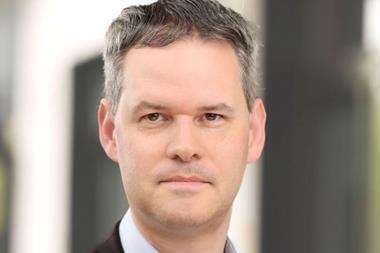
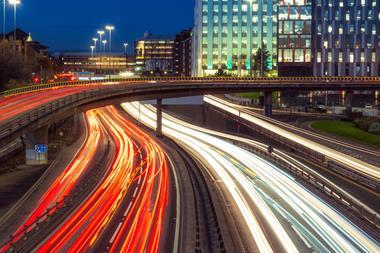

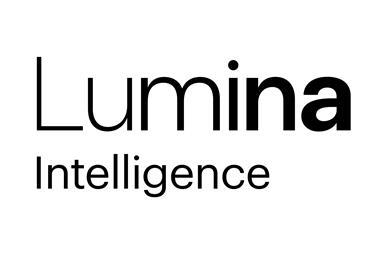
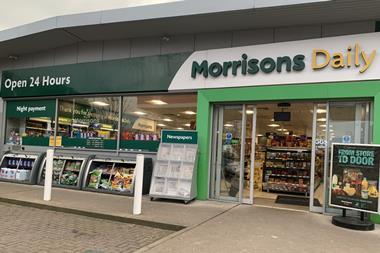
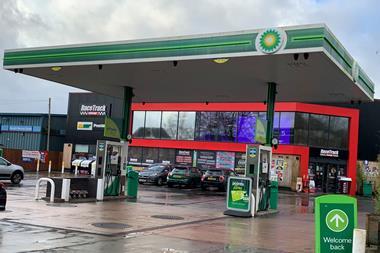

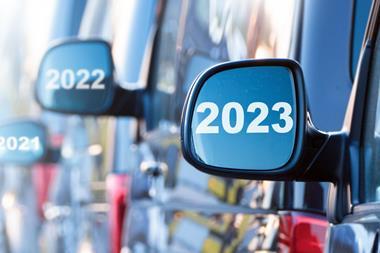
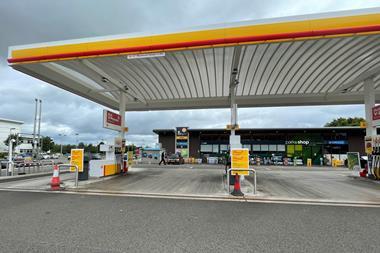
No comments yet